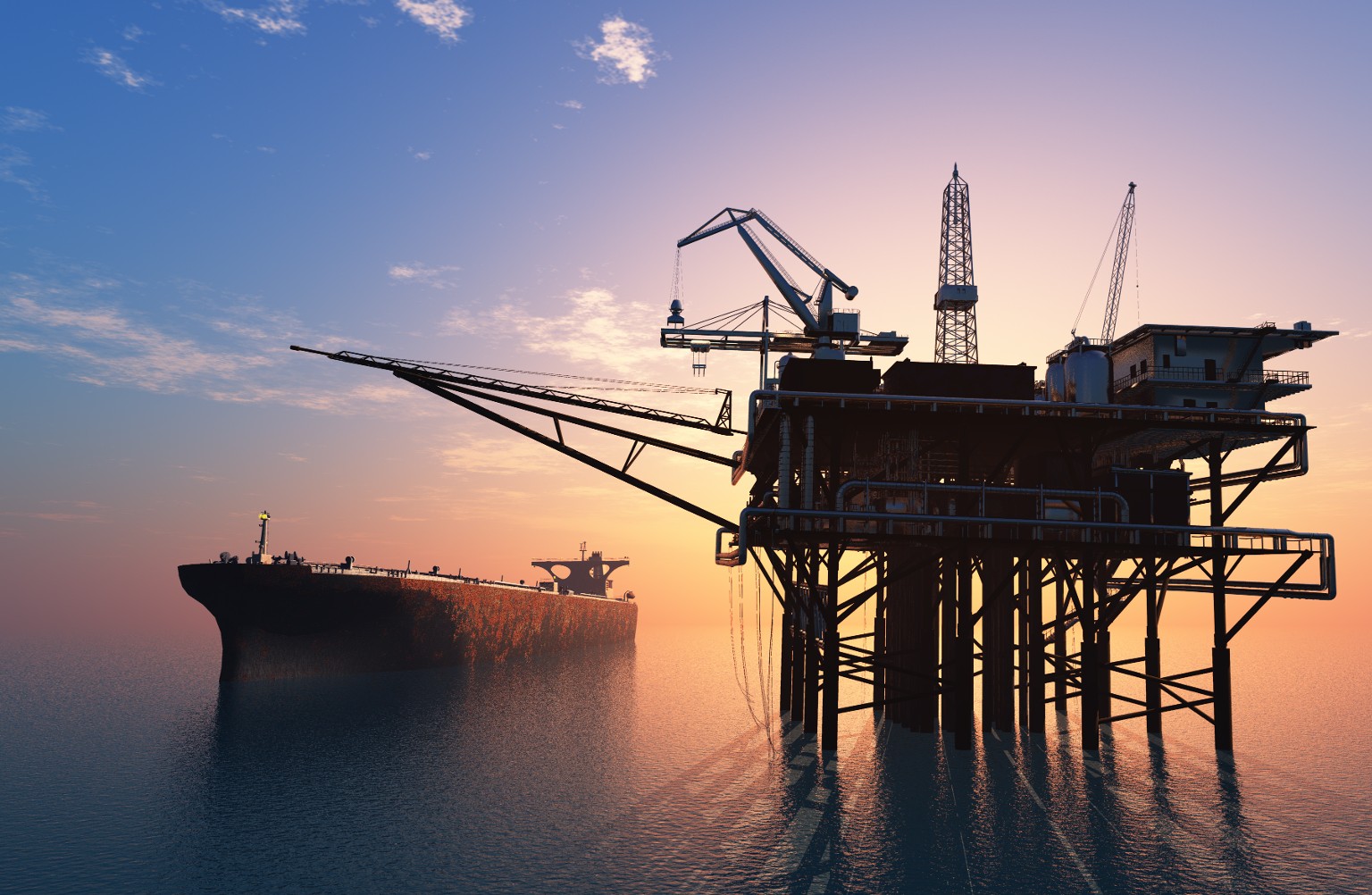The oil industry doesn’t just power economies—it powers entire civilizations. Underneath every barrel lies a vast interplay of alliances, tensions, and high-stakes decisions.
Geopolitical risks are not hypothetical in this industry; they are a constant reality. The industry walks a tightrope where fuel shortages, economic crises, or international disputes can be caused by a slip-up since more than 80% of the world’s oil reserves are found in politically unstable areas like the Middle East, Africa, or parts of South America.
How would leaders of oil trading, such as UAE-famous base oil traders, deal with the volatility? By taking risks and turning them into an opportunity through innovation, infrastructure, and strategic foresight. This guide explains the dynamics of geopolitical risks and gives actionable insights to protect operations in such a fluid environment.
The Geopolitical Tightrope: Why Oil Lives on the Edge
Oil production doesn’t happen in a vacuum. Nearly 60% of the world’s oil comes from regions riddled with instability—the Middle East, parts of Africa, and indeed offshore rigs in contested waters. A single pipeline explosion, election upset, or trade embargo can send shockwaves through the global oil trade.
Remember when Russia’s invasion of Ukraine sent prices soaring? Overnight, Europe scrambled to replace 2.5 million barrels a day of Russian oil. Chaos like this isn’t rare, it’s the norm.
For oil trading companies, this means playing 4D chess. They track not just supply and demand, but also UN resolutions, social unrest in Venezuela, or hurricane paths in the Gulf of Mexico. One misstep, such as putting too many eggs in one basket with an unreliable supplier in a volatile region, can sink profits.
The UAE’s Secret Sauce: Turning Risk into Opportunity
The UAE is a tiny nation that has become a giant in oil risk management. While others panic during crises, Emirate base oil traders in the UAE stay calm and cash in. How? The location, innovation, and long-term vision.
While neighboring regions face sanctions or conflicts, the UAE’s ports hum with activity. There’s a quiet powerhouse you’re probably overlooking: Hamriyah, nestled along Sharjah’s western coast, this unassuming industrial zone has become the backbone of global energy logistics—and chances are, you’ve never even heard of it. This isn’t luck—it’s strategy. The country has spent decades building infrastructure so robust that when Hormuz tensions flare, global traders simply reroute through the UAE.
Three Rules for Surviving the Geopolitical Jungle
So, what can the rest of the world learn from these strategies? Here’s the playbook:
- Never Put All Your Barrels in One Basket: The smartest oil production players treat suppliers like a stock portfolio—diverse and balanced.
- Turn Data into Your Crystal Ball Modern: oil trading companies live by data. Satellite imagery tracks tanker movements in real-time.
- Build Bridges, Not Just Pipelines: In 2019, when Saudi facilities were drone-struck, knocking out 5% of global supply, panic ensued—except in the UAE. Why? Years of building relationships with base oil traders in UAE and global partners meant alternative supplies were just a phone call away. Relationships matter more than contracts when missiles start flying.
The Human Cost: Beyond Barrel Counts
Let’s not forget the people behind the global oil trade. When sanctions hit Venezuela, it wasn’t just oil prices that suffered—local workers faced unemployment, families struggled without fuel, and hospitals ran generators on fumes. Ethical oil trading companies now factor human impact into decisions. Some refuse to source from conflict zones, while others invest in community projects near extraction sites. Profit still rules, but conscience is gaining a seat at the table.
The Future: Where Politics Meets Green Energy
Geopolitical risks aren’t fading—they’re evolving. As climate policies push nations toward renewables, oil’s role is changing. The EU’s carbon border tax or Biden’s clean energy mandates are today’s equivalents of 1970s oil embargoes.
Forward-thinking oil production giants are hedging bets, investing in hydrogen and carbon capture. In the UAE, solar-powered refineries now complement traditional rigs.
Yet oil isn’t dead. Even optimistic forecasts say fossil fuels will dominate for decades. The winners will be those who blend old-school grit with new-world smarts—like the oil trading companies in UAE quietly profiting from both traditional deals and cutting-edge green ventures.
Final Thoughts:
Next time you see a headline about Middle East tensions or a new climate law, don’t just groan at the pump prices. See it as a chess move in the world’s most high-stakes game—one where base oil traders in UAE are grandmasters. Whether you’re a trader, a policymaker, or just someone who drives a car, understanding these risks isn’t about fear, it’s about foresight.
The oil industry’s golden rule? Adapt or perish. From the boardrooms of Abu Dhabi to drilling sites in Texas, those who respect geopolitics’ power, without being paralyzed by it, will keep the world moving. After all, every drop of oil has a story of conflict, compromise, and human ingenuity. And that story is far from over.



